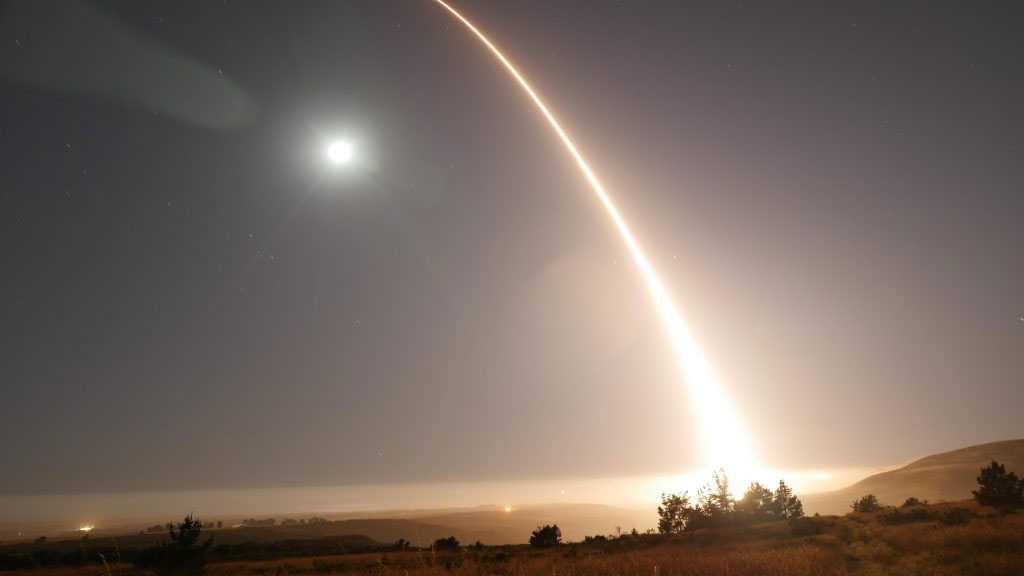Report: US Nuke Missile Program Costs Skyrocket to $160 Billion

By Staff, Agencies
The cost of a US nuclear missile development program has significantly exceeded initial estimates, now approaching $160 billion, according to a recent report.
Reuters, citing three sources familiar with the Air Force's program to replace America's aging nuclear missiles, reported that the project’s price tag has surged from $95.8 billion to about $160 billion.
The new initiative, named the Sentinel intercontinental ballistic missile [ICBM] program, is being developed and managed by Northrop Grumman Corp., a leading Virginia-based provider of manned air systems.
Both Northrop Grumman and the Pentagon declined to comment on the latest figure, but the Pentagon mentioned that a new cost estimate will be released around Tuesday.
Top officials in the US Air Force emphasize that the Sentinel project is vital for maintaining the United States' global military deterrence capabilities.
In light of the rising costs, US arms manufacturers have been consulted by the Pentagon to provide cost assessments for a service life extension program for the existing Minuteman III missiles, according to documents reviewed by Reuters.
Two sources familiar with the situation noted that the increased costs are creating financial strain on other Air Force priorities, including the Next Generation Air Dominance fighter jet program.
Additionally, the development of hypersonic weapons, various space initiatives like Star Wars, and the production of the new B-21 Raider stealth bomber, capable of carrying a nuclear payload, could be affected by the budgetary pressures.
Furthermore, hundreds of millions of dollars from the US military budget are being allocated to sending weapons to Ukraine and "Israel", as well as countering China's strategic plans in the Indo-Pacific region.
Comments
- Related News




